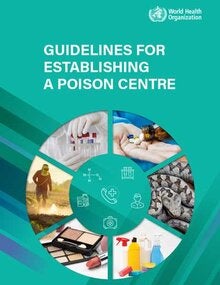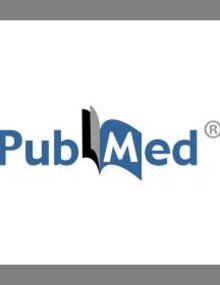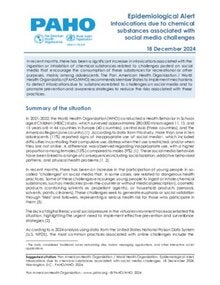A poison center is a specialized unit that advises on and assists in the prevention, diagnosis and management of poisoning. The structure and function of poison centers varies around the world; however, at a minimum, a poison center is an information service. Poison centers may also include a clinical treatment unit and/or a laboratory that can provide toxicological analyses (WHO, 2021).
Poisons centers are uniquely centralized repositories of data about human exposures to chemicals, including information about the agents involved, the circumstances giving rise to exposure, and the health effects of exposure. These data can be used to help reduce the incidence of poisoning by identifying emerging toxicological hazards (a process known as toxicovigilance), stimulating preventive measures by manufacturers and regulators and assessing the efficacy of such measures. Poisons center data also contribute to improving knowledge about the human health effects of chemicals.
The centralized nature of poisons centers means that they can be sentinels for chemical release and can provide early warning of disease outbreaks caused by chemicals. Poisons centers contribute to a number of the core capacities needed by countries for implementation of the International Health Regulations (2005), in particular capacities for surveillance, preparedness and response for public health events involving chemical agents.
The regional directory Guidelines for establishing a poison centre has been developed through a review of previous directories available from the global WHO map of poison centers (available online) and the Pan American Health Organization, in collaboration with the valuable work of the Toxicology Network of Latin America and the Caribbean (RETOXLAC) that has a 2021 updated directory of Toxicology Centers and professionals in toxicology in the region.
The current directory of poison centers includes contact direction and emergency phone numbers, that can be contacted in emergency cases for consultations on intoxications and other themes of interest.
Note: This Directory might not be fully updated, and it is not an exhaustive list. If you wish to include or to adjust information about your center to be published in this Directory, you can send an email to: hqcdece@paho.org.
- WHO global map of poison center
- Directory of poison centers in Latin America and the Caribbean by Spanish speaking country (PDF)
- Latin America and Caribbean toxicology network



